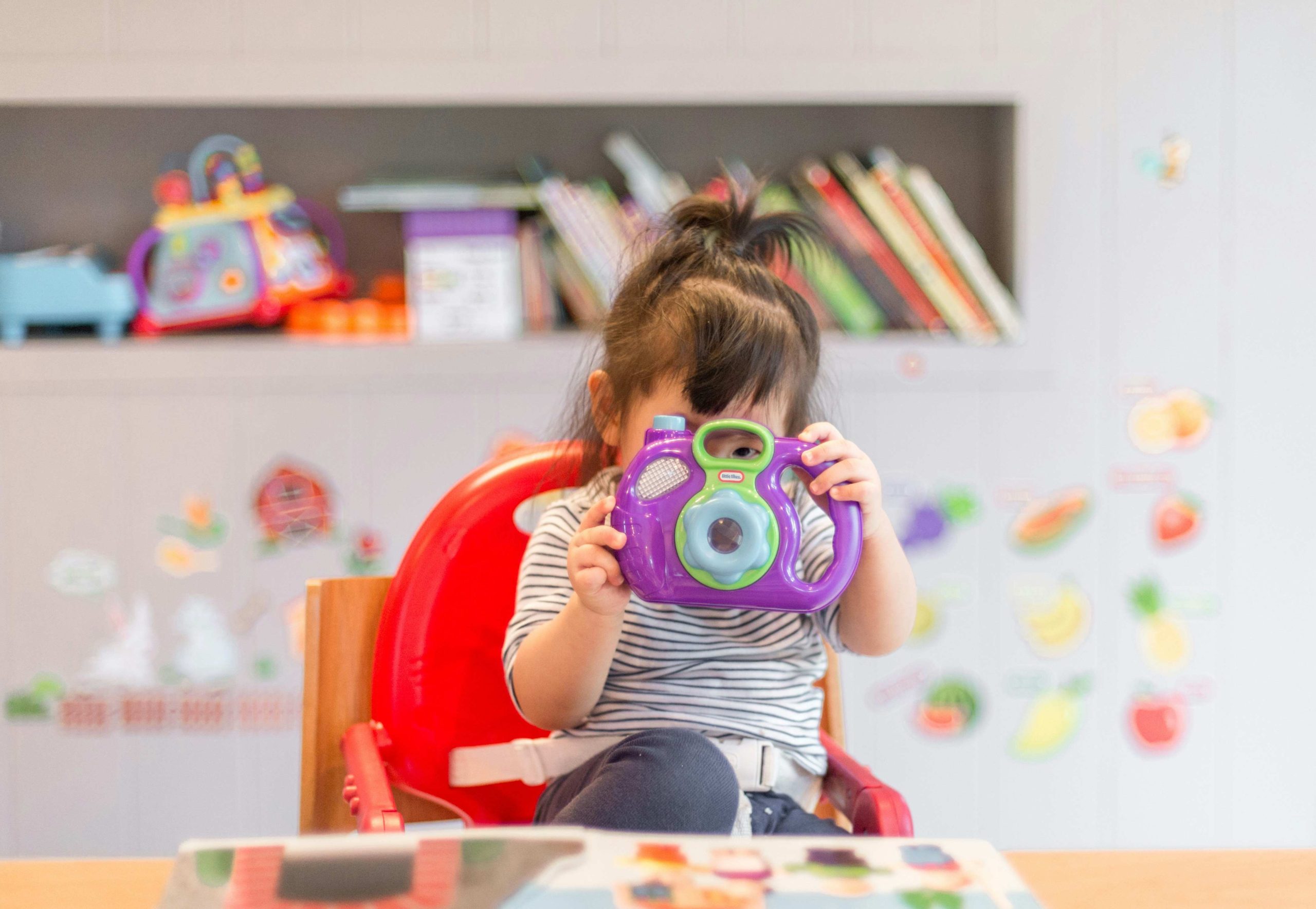
Initiative and Exploration: Key Skills for Preschoolers
A child’s development during the preschool years is crucial as they establish foundational abilities that guide them through life. Preschoolers inhabit a world full of opportunities for play, learning, and exploration. Among the essential aspects of this development are initiative and exploration.Fostering Initiative
Preschoolers are in the process of developing essential character traits like initiative, which refers to the capacity to take the lead and make things happen. As their brains rapidly develop, nurturing a child’s curiosity and desire to learn is crucial.
Encouraging toddlers to explore, inquire, and pursue their interests fosters initiative. In a preschool setting, this can manifest in various ways, from promoting independent play to encouraging leadership roles during group activities. Such experiences cultivate confidence and independence, laying the foundation for future success.
For example, offering a variety of activities and allowing preschoolers to choose fosters initiative. When children take the lead, they are more engaged in the activity, enhancing decision-making and critical thinking skills vital for their future.
The Importance of Exploration
Exploration is another fundamental aspect of preschool education. At this age, preschoolers are naturally curious and learn best through hands-on experiences.
Preschoolers should have ample opportunities to explore their environment, engaging all their senses in the process. Establishing a stimulating learning environment involves incorporating various sensory experiences, encouraging children to touch, smell, and observe different materials.
By creating such an environment, teachers promote discovery, helping preschoolers develop a deep understanding of their surroundings.
Fostering Connections
Preschoolers also need emotional connections with their peers and teachers. These connections create a supportive learning environment and foster social skills like collaboration and empathy.
Teachers should prioritize building strong bonds with their students, taking the time to understand each child’s interests and personalities. Encouraging collaborative play and group activities further strengthens these connections.
When preschoolers feel emotionally supported, they are more inclined to explore, ask questions, and engage with their surroundings, fostering emotional intelligence crucial for lifelong success.
Language Development
Language development is critical during the early years of childhood, laying the foundation for literacy and academic success.
Teachers can promote language development by engaging preschoolers in rich linguistic experiences, such as frequent conversations, read-aloud sessions, and storytelling. Encouraging creative expression through theater and storytelling further enhances language skills.
In a language-rich environment, preschoolers learn to communicate effectively, express their emotions, and develop vocabulary and grammar essential for academic and social growth.
Nurturing Creativity
Creativity is a cornerstone of preschool education, contributing to cognitive, emotional, and social development.
Teachers can foster creativity by providing opportunities for self-expression and exploration. Preschoolers should have access to various materials like paint, clay, and building blocks to unleash their creativity. Engaging in creative activities helps preschoolers develop problem-solving skills and fosters imaginative thinking.
Initiative and exploration are fundamental aspects of preschool education, laying the groundwork for lifelong learning. By prioritizing these components, educators and parents empower preschoolers to become confident, independent learners, equipped with essential skills for success in school and beyond.
It’s essential to remember that initiative and exploration extend beyond the classroom. Parents and caregivers play a vital role in encouraging preschoolers to explore and take initiative outside of formal education settings.
Outdoor excursions and unrestricted play offer valuable opportunities for preschoolers to explore and discover the world around them. By providing resources and encouragement, parents and caregivers can further support their child’s learning and growth.
In conclusion, initiative and exploration are indispensable elements of preschool education that foster holistic development. By nurturing these qualities, educators and parents equip preschoolers with the skills they need to thrive academically, socially, and emotionally. Let’s continue to prioritize initiative and exploration, both within and outside the classroom, to ensure the success and well-being of our youngest learners.


